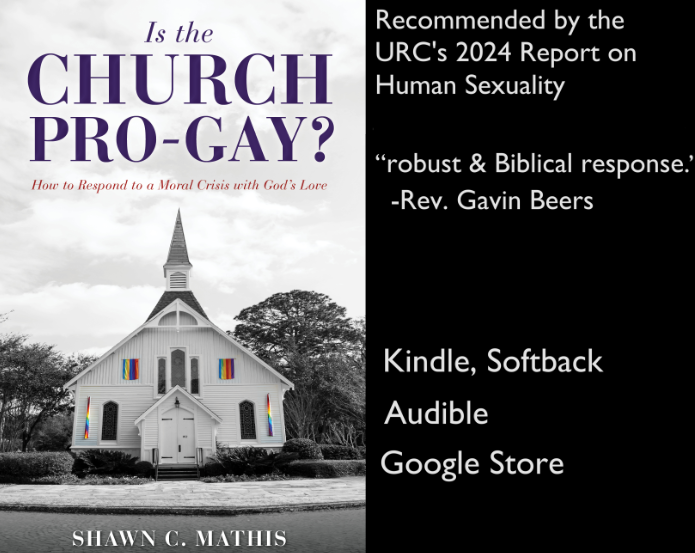
If someone told you that hating God is not more heinous than coveting Taco Bell burritos, what would you say?
After picking your jaw off the ground, you would deny any such moral equivalence.
Why? Because you would intuitively know that offenses against the Creator are greater than offenses against His creation.
In other words, some sins are more heinous in the sight of God than others. Christ says as much when warning of the greater judgment of the Jews compared to Tyre and Sidon (Mat. 11:20ff.). This is why the Puritans put questions 150 and 151 in the Westminster Larger Catechism.
So it comes as a surprise to find a well-respected church officer disagreeing. During the 2021 General Assembly debate about how to handle gay ministers in the Presbyterian Church of America (PCA), Timothy Keller tried to parse the Larger Catechism.
On Twitter he asserted:
But LC [Larger Catechism] 151 doesn’t say the desire to kill is more heinous in God’s sight than a desire for adultery. The gradations the LC outlines are of sinful actions and their circumstances and consequences- some of which are greater than others—not of desires.
Is this not the moral equivalent of saying hatred of God is no more heinous than coveting Taco Bell? Do we really believe this is what the Puritans had in mind when writing LC 151?
Question 151 explains what makes one sin worse than another. There are four considerations in particular.
- From the persons offending…
- From the parties offended…
- From the nature and quality of the offense…
- From circumstances of time and place…
This list makes sense. Offending God is worse than offending man. Offending a police officer is worse than offending a baker. We know lusting after food is not on par with hating our neighbor. And sins done publicly by church officers are worse than private sins.
But the catechism list and its details do not exclude desires or intents. They are part of the consideration of which sin is worse than another. After all, the catechism question lists desires and intents of the heart with words such as delight and maliciously.
Consider the following: there is a qualitative difference between heterosexual desire and homosexual desire. In the former, the desire is allowed within marriage. In the latter, it is never allowed. That makes its presence in the heart more heinous before God.
But why talk about the catechism at all? The debate over the catechism is actually a debate over applying the Bible to our hearts and minds. After all, Keller claims that gays do not go to hell for being gay even though he affirms the catechisms.
This debate is no small matter. What ministers and churches believe about sin and gradations of sins has a practical impact upon the church. The typical family-in-the-pew does not want their young daughter sitting next to a known sex-trafficker, even if he disavowed his past. And the repentant sex-trafficker would not want to sit next to temptation.
Imagine if your pastor admitted to sexual attractions toward his sister. But he is otherwise a good man, married and with children. If this desire of the heart is no worse than other sinful desires, there is nothing preventing him from being a minister given this confused understanding of sin.
But there is a difference. There are gradations of sinful desires. Christians know this intuitively. May the Lord grant the church the continued wisdom to know that hating God is worse than coveting Taco Bell.






Keller struggles to understand basic Christianity and is unqualified to be a minister. Christians have always maintained that there are degrees of sin. This is obvious from common sense. Which is worse: hating my neighbor in my heart or killing him? Which is worse: lust or committing adultery?